Black History Month 2025: Artists and activists on the queer people who inspire them
From the late singer Sylvester and The Colour Purple author Alice Walker to Drag Race veteran Shea Couleé, these are the amazing names past and present impacting the world
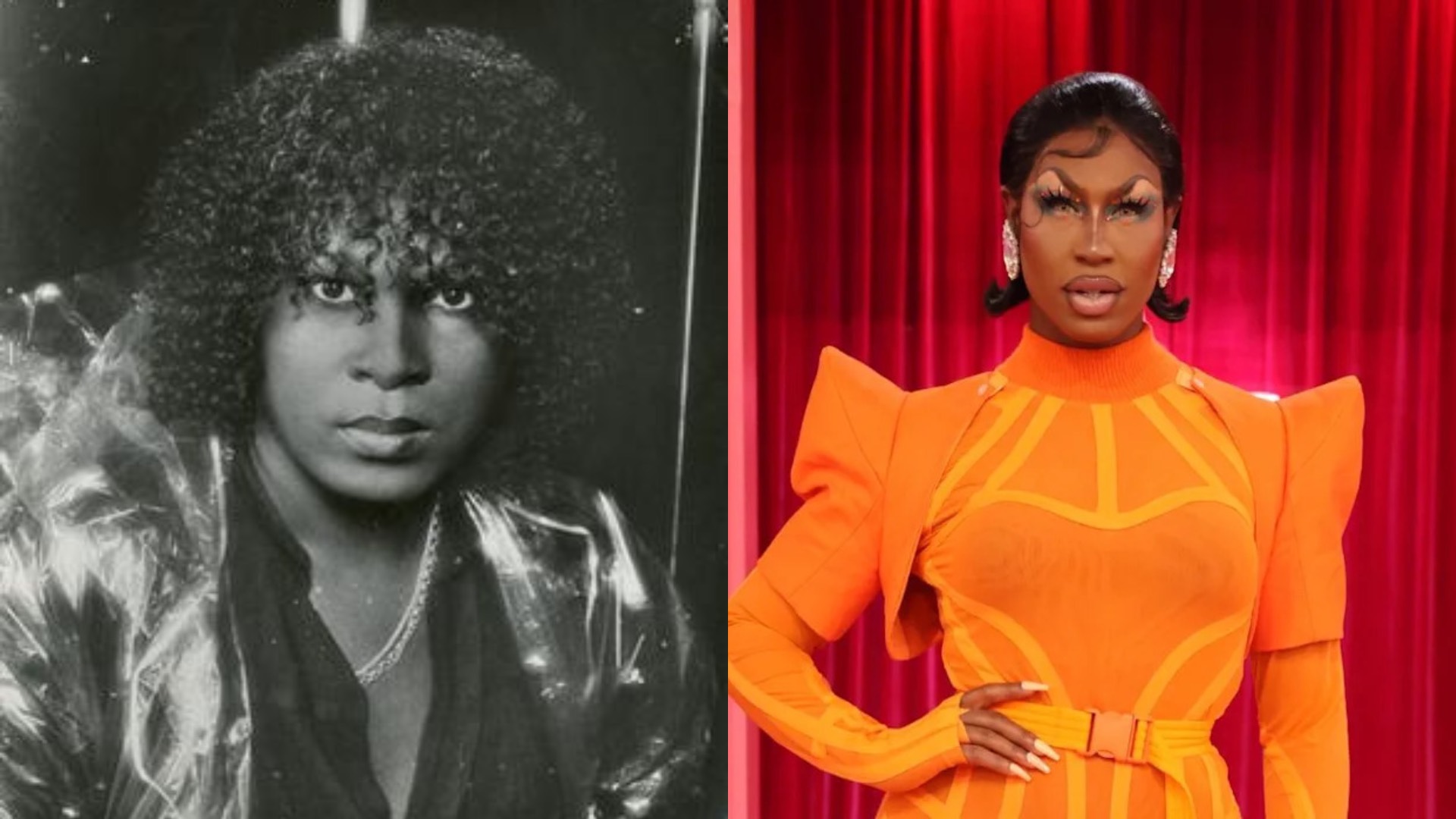
To mark Black History Month, the annual celebration recognising the achievements, culture, and contributions of Black people throughout history, Attitude asked the likes of UK Black Pride CEO and co-founder Lady Phyll, artist Topher Campbell and What It Feels Like For a Girl star Alex Thomas-Smith to select the artists and art that has most inspired in their lives. Here are their picks!
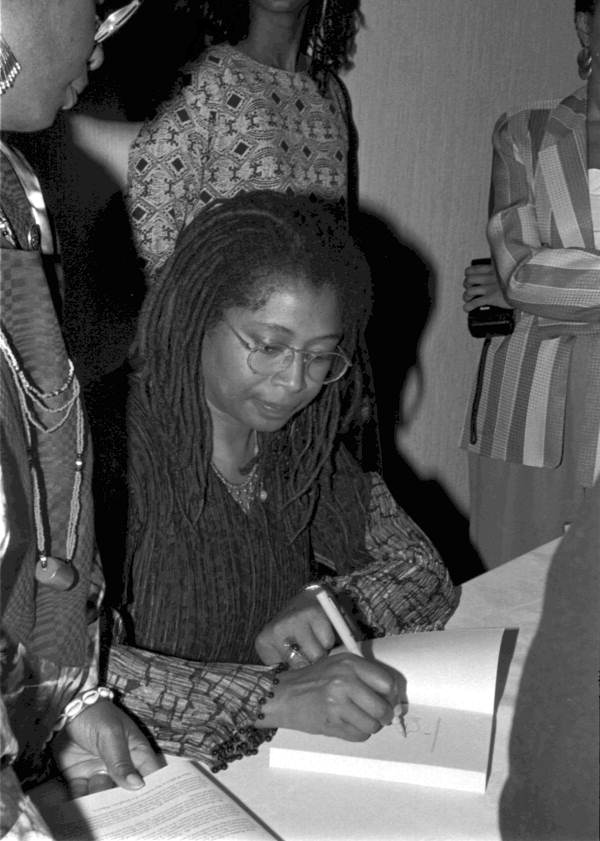
Lerone Clarke-Oliver, writer, chooses The Colour Purple author Alice Walker
Alice Walker’s The Color Purple is a book I revisit every few years. It perfectly blends Black history with the nuances of Black sexuality, particularly its fluidity. While the 2023 musical makes this clear, and the 1985 film adaptation leaves some ambiguity, the 1982 book effectively tells a rewarding story of self-love in an oppressive, anti-Black world.
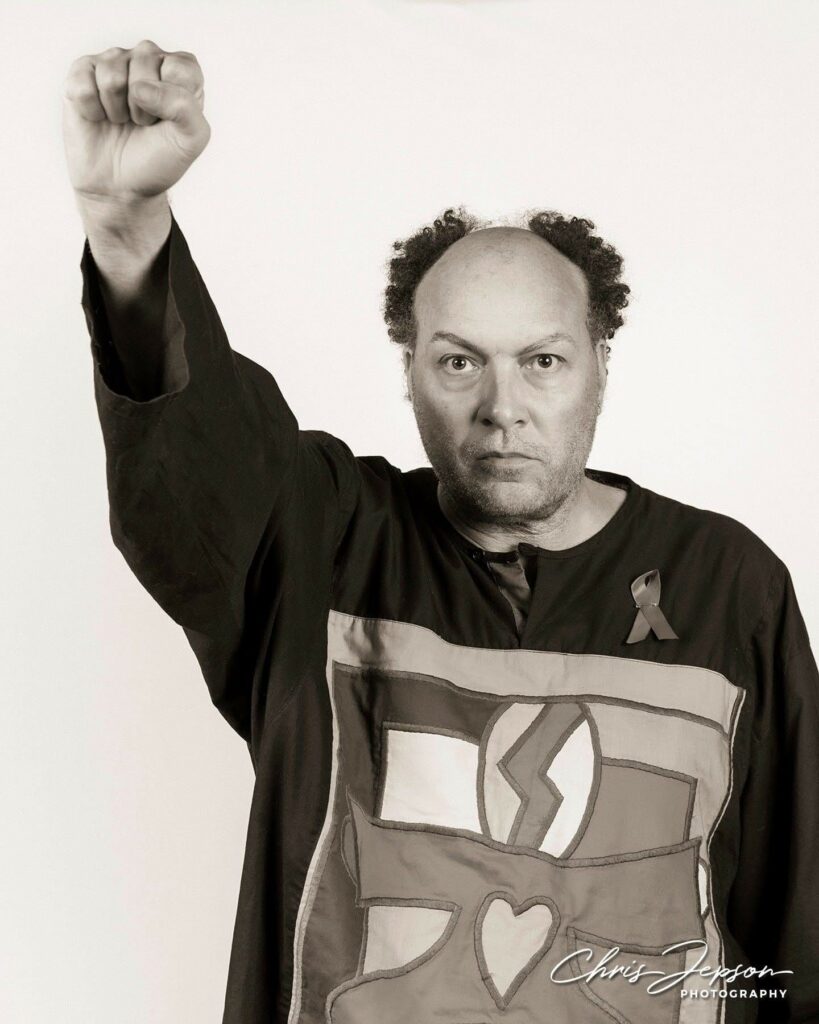
Jason Jones, human rights defender, chooses Sylvester
Growing up in Trinidad in the 1970s, there was almost no Black Queer representation anywhere until one Saturday morning watching the Black American music show Soul Train and the amazing Sylvester appeared on screen performing his seminal disco track ‘You Make Me Feel (Mighty Real)’.
I was frozen and mesmerised watching his unashamed effeminate queer performance and understanding that somehow, he and I were connected. The song became Black Queer slang for being openly gay and overtly effeminate. Sylvester opened doors and smashed ceilings for Queer Black people – especially gender nonconformity.
Like so many gay men we lost to AIDS in the 80s and 90s I often wonder what Sylvester would be like today, at age 78. Rest in peace Sylvester and thank you.
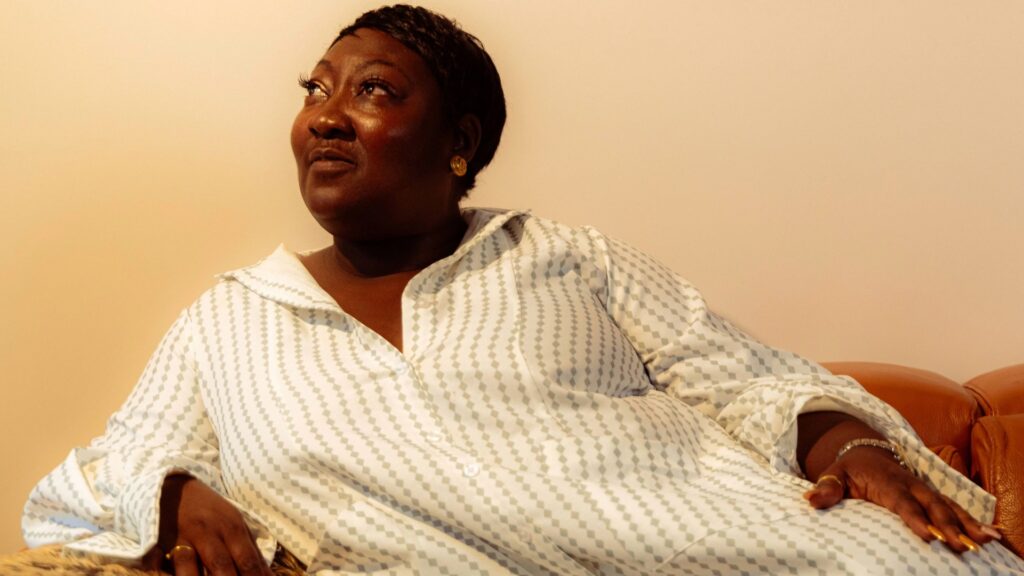
Lady Phyll, CEO and co-founder, UK Black Pride, chooses Campbell Addy, Black Lesbian Warriors and JayJay Revlon
One moment that will stay with me forever is being photographed by Campbell Addy for Harper’s Bazaar. Campbell’s eye doesn’t just capture an image – it reveals spirit, history, and unapologetic Black queer beauty. Similarly, filmmaker Campbell X’s Stud Life remains iconic; it was one of the first times I saw Black queer women centred on screen in a way that felt truthful and revolutionary.
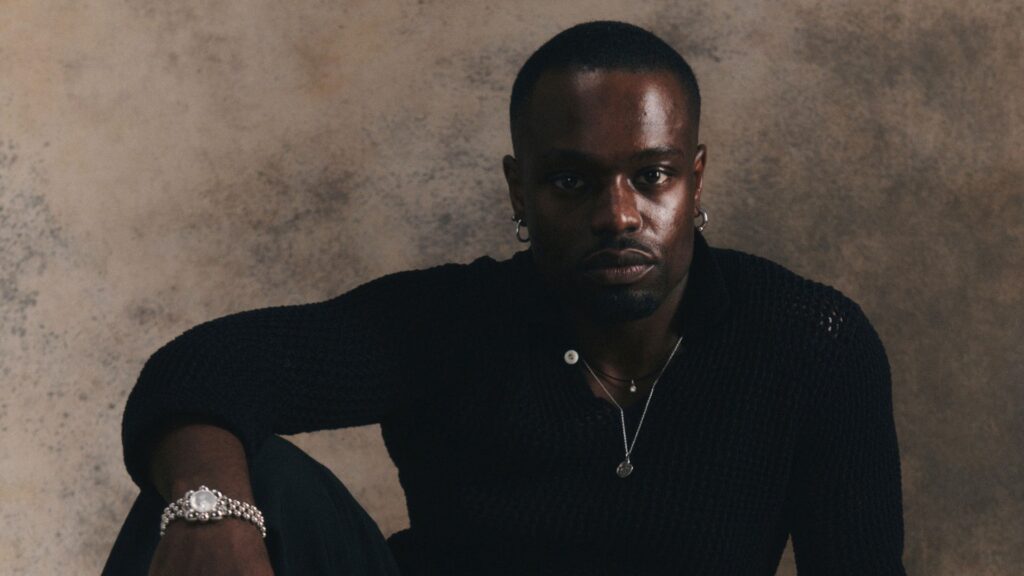
I am also indebted to the brilliance of the Black Lesbian Warriors – Veronica McKenzie, Femi Otitoju, and Valerie Mason-John – inspirational leaders who have paved the way in creating spaces for us, speaking truth to power, and ensuring our stories are not erased. Their courage continues to light the path for new generations.
At the same time, I’m continually energised by contemporary visionaries such as JayJay Revlon, whose ballroom events and ClapBack in Barcelona keep our culture alive and thriving, and Aaron Carty’s Beyoncé Experience, which takes Black queer joy, glamour and resilience across the country and the world.
These creators — past and present — remind me that Black queer artistry is both archive and future, a living testament that ensures we are seen, heard and celebrated. Sorry, I couldn’t pick one!
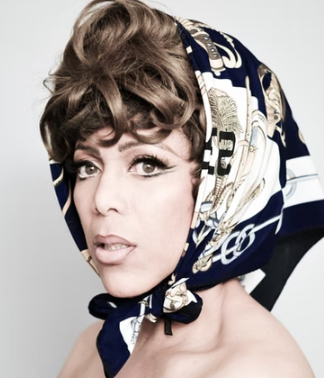
Mzz Kimberley, performer and actor, chooses Hope Giselle
Hope Giselle is a formidable force in Black trans liberation. An activist, author, and speaker whose unapologetic brilliance continues to shape the cultural and political landscape. A fearless truth-teller, she made history as the first openly trans woman to earn both a Bachelor’s and Masters in Fine Arts from Alabama State University, a historically Black institution.
Her academic credentials, including certifications from Harvard and SHRM in diversity and inclusion, reflect a deep commitment to structural change. As a consultant to organisations such as NASA, HRC, TransTech, and Freedom for All Americans, Hope’s impact is expansive and enduring. She builds bridges, challenges systems, and redefines what leadership looks like in our movement.
She’s forging pathways that demand respect, not just from within our community, but from our cis counterparts as well. Everything she touches becomes a catalyst for change.
One quote from Hope Giselle continues to resonate deeply with me: “I don’t f**k with them, but they are my sisters in our movement.” It’s raw, honest, and speaks to her remarkable ability to hold complexity with grace.
Her words have helped me navigate the tensions within our own community. We won’t always like each other, but we must learn to respect one another, or we risk reinforcing the very systems that oppress us. Hope reminds me that leadership isn’t about perfection, it’s about clarity, courage, and commitment to collective liberation.
Her intellect fascinates me. Her presence inspires me. She’s become the kind of leader who doesn’t just speak truth, she moves us toward it.
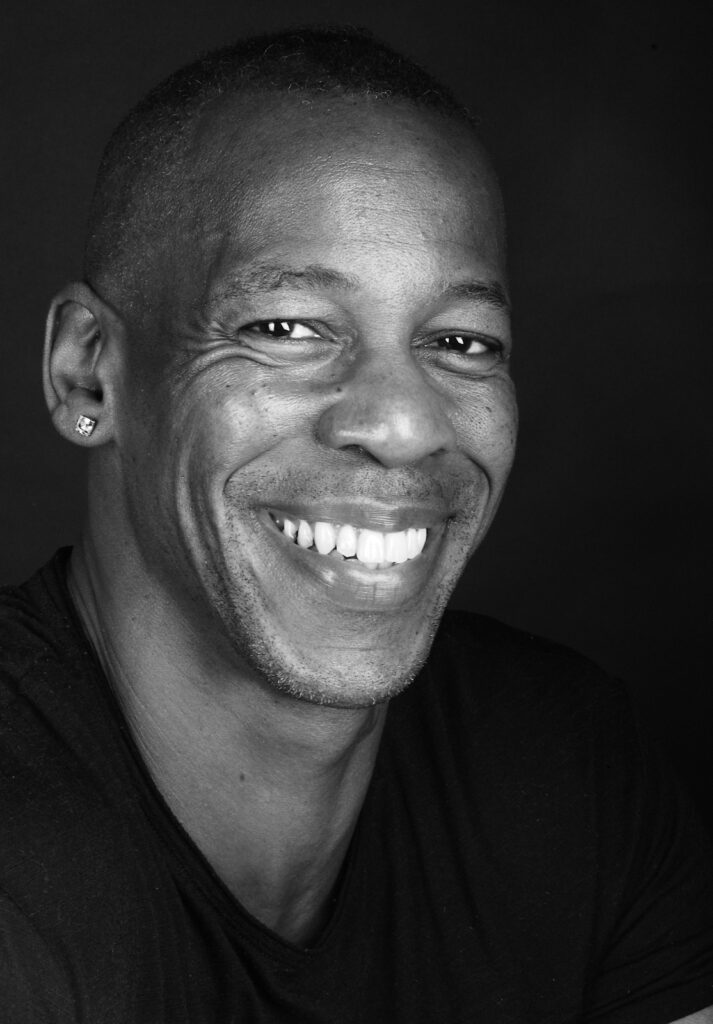
Topher Campbell, artist, chooses The Black Jacobins: Toussaint L’Ouverture and the San Domingo Revolution by C.L.R.I JAMES
C.L.R. James was born in Trinidad and is a literary giant. I’m inspired by his exciting telling of the story of the Haitian Revolution. Back in the day it shattered the Imperial world of cruelty and oppression. Toussaint LOuverture and the whole of Haiti declared themselves free from slavery and rose up against the Spanish, French and British Empires and defeated them all in an audacious statement of self-determination.
It made me realise that with vision, determination and moral truth no empire can stand. In fact all empires fall. In today’s age of lies and cruelty, we must also rise up against tyranny, mendacity and oppression. Black history lives.
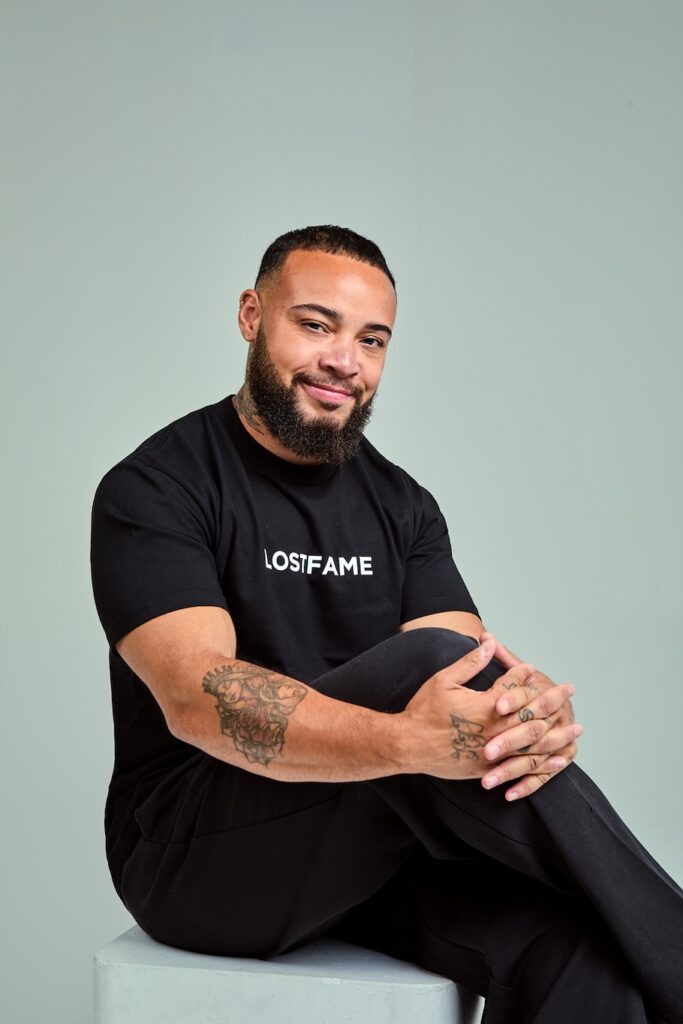
Kenny Ethan Jones chooses Telfar Clemens
I find Telfar Clemens to be extremely inspiring. What he has managed to achieve with his brand Telfar is nothing short of incredible. What they represent as a brand and the demand they have created for their products is what all business owners dream of. I hope my brand LostFame has a similar impact on the world.
The first email they sent to me always stood out, this is what it takes to be a success: “Become a queer, Black 18 year old, travel back to 2004 and establish a 100% non-gendered fashion line out of your family apartment in LeFrak City, Queens. Make clothes that do not exist on the market— just like you don’t exist in the world. Don’t have any money. Persist for a decade without a single review from the fashion press. Do everything differently. If stores won’t buy your clothes, show in museums. If ‘beauty’ sponsors don’t like your skin and hair— make uniforms for a fast-food chain. Use the money to help bail hundred of kids off Rikers Island. Win the CFDA/Vogue fashion fund. Use the money to make an ‘it’ bag, where ‘it’ has nothing to do with domination. Refuse to be tokenized. Decline invitations. Use ‘fashion’ to picture a future that can help destroy the present. Lots of love; keep your family close; breathe; ignore the bullshit, and please remember: the world isn’t everything.“
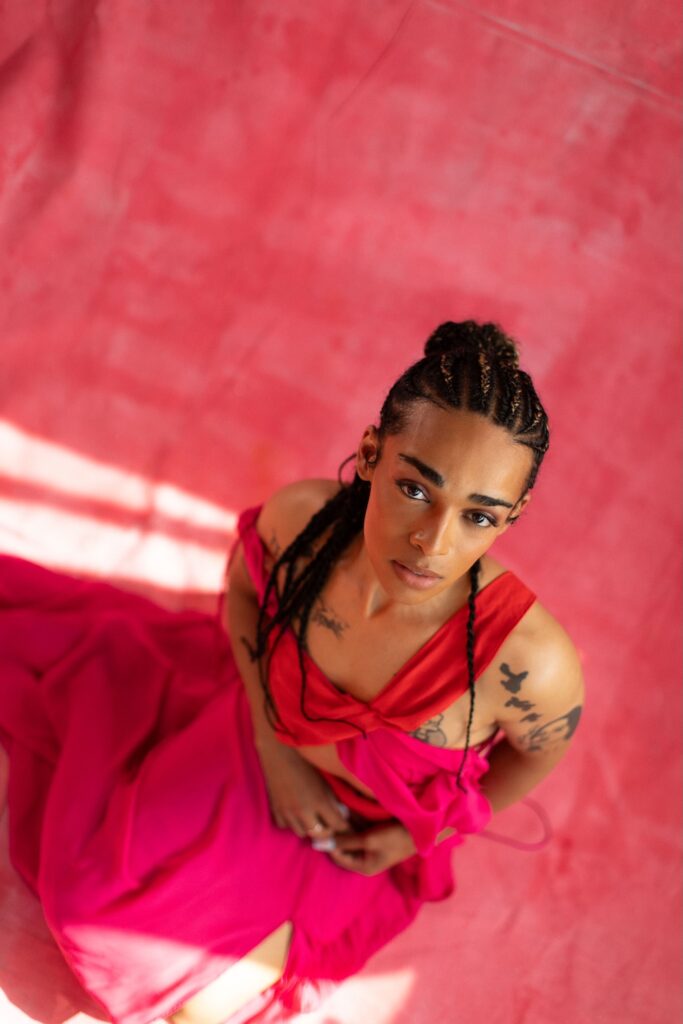
Alex Thomas-Smith, actor, chooses Shea Couleé
For me it’s Shea Couleé, whose drag she describes as “a love letter to Black women.” Everything she does from her fashion to her performances, celebrates the beauty and divinity of Black womanhood while challenging dominant aesthetics. What resonates with me is how she uses her art to honour lineage, uplift Black queer voices, and make visibility itself an act of empowerment. She brought a vision of queer Blackness to Drag Race that had never been embodied so exquisitely before.
